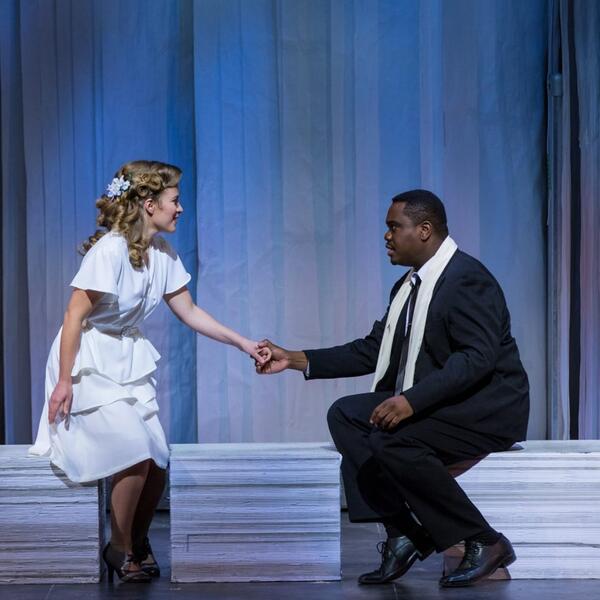Master of Music (MMus) Applied Music & Health
Overview
What to expect
The Master of Music in Applied Music and Health equips graduates to help individuals enhance their general cognitive, socio-emotional, and sensorimotor abilities through music engagement. Students explore connections between active music learning and the maintenance, recovery, and development of healthy brain and behaviour functions across the age spectrum.
Why it stands out
The program delivers practical training and experience grounded in a scientifically rigorous study of the subject. Students have significant opportunities to apply their knowledge and develop their skills in clinical settings.
Who it's for
Students keen to apply their interest in music to improving the health of people experiencing disability, injury, or disease are ideal candidates for this program.
Outcomes
Opportunities for study
Students may choose courses that qualify them to write the music therapy board certification exam and acquire the professional designation of Neurologic Music Therapist. The program is approved by the Canadian Association of Music Therapists (CAMT).
Opportunities after graduation
Graduates build careers as studio teachers or music educators for people with illness or disabilities. Opportunities include building and leading community- or agency-based music activity groups for a range of populations with specialized health needs.
Postgraduate opportunities
The program qualifies research-oriented graduates to apply for entry into the doctoral program for Music and Health Sciences.
Curriculum
MMus in Applied Music & Health
- Applied Music & Health Graduate Seminars
- Music & Health Sciences Graduate Seminars
- Electives
Core Courses
Required courses (the equivalent of eight full-year courses) make up the bulk of the program. After an introduction to music in healthcare, students conduct in-depth investigations of various topics in music and health in seminar settings. They also study elementary improvisation methods, music psychology, music neuroscience, and clinical performance pedagogy. They gain hands-on experience in practicums addressing clinical performance and clinical research, and they consolidate their learning with an independent performance project and a public capstone presentation.
Electives
With faculty approval, students may choose from electives (the equivalent of one full-year course), including a counselling course and a research course.
Complete admission requirements can be found at Application Materials.
Complete information on how to apply can be found at Applying.
Have a question?
We bring together the brightest researchers, educators, creators and performers. We welcome you to join us.
